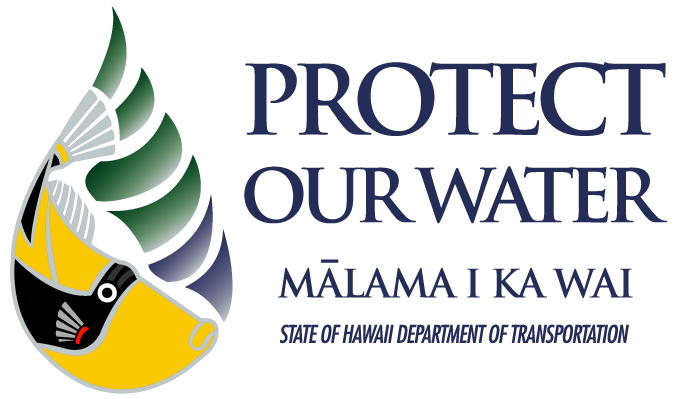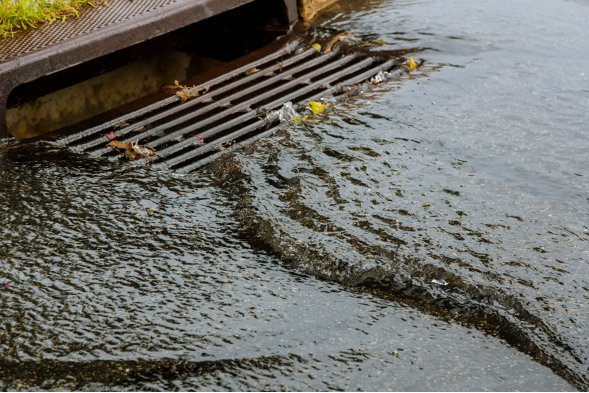Water is an essential resource, but a contaminated waterway can lead to an array of different issues for the environment and human health. We must all do our part to help reduce pollutants and keep our storm drains clean! Here are the seven most common pollutants and what you can do to prevent them.
- Sediment
Home improvement projects can be fun and exciting, but did you know that they are a common source of pollution? When you dig up your property to build a long-awaited extension or a dream kitchen, sediment can become exposed. When rainfall hits the sediment, it can flow off your property and into storm drains, nearby waterways, and eventually, the ocean. Help prevent sediment from leaving your property by following these tips:
- Follow best management practices (BMPs) to prevent sediment from leaving your property during construction. Learn more about BMPs on our Contractors and Consultants page.
- Reduce the amount of excavated sediment on your property.
- Get landscaping done quickly to prevent exposed sediment.
- Install permeable pavement wherever possible. This will allow rain water to soak into the ground, rather than running off your property and bringing sediment with it.
- Yard Waste
Did you know that one of the top pollutants that enters our waterways is grass clippings? Although it might seem harmless, grass clippings and other forms of yard waste contain nitrogen and phosphorus, which cause nutrient pollution and oxygen depletion in our waterways. Help protect our water resources by following these tips:
- Don’t rake or blow leaves off your property.
- Place raked leaves in a bag for debris collection––or compost them at home! Fertilize lawns in the fall to promote root growth and prevent nutrients washing away during spring rains.
- Only apply slow-release organic fertilizer and pesticides if necessary.
- Pet Waste
Pet waste is another type of storm water pollution that can significantly harm water quality. When it rains, pet waste left on trails, lawns, sidewalks, and beaches may wash into storm drains and waterways. The bacteria and parasites found in pet waste not only pollute our waterways when not picked up, but these pollutants can lead to health problems and algal blooms. Algal blooms are caused by excess nitrogen in the water, which occurs as pet waste breaks down in the water. This excess nitrogen helps feed algal blooms, which can harm the wildlife that lives in our oceans. Help protect our waterways by being prepared! Bring a bag to pick up after your pet’s waste, and make sure to locate a local trash bin to properly dispose of the bag (or take it home if there’s no trash bins available).
- Pesticides/Herbicides
While pesticides and herbicides are useful for controlling weeds and maintaining plant health and aesthetics, they can pose a serious threat to our waterways. Water from excessive rainfall and irrigation cannot always be held completely within the soil, meaning that the chemicals in these products can be quickly transported to contaminate groundwater and freshwater supplies. When pesticides are washed downstream, they not only affect community health, but they can also end up harming “non-pest” insects which are important water quality indicators. Excess herbicides can also harm native plant populations that help stabilize stream banks and filter water. Here’s what you can do to help prevent these chemicals from contaminating our waterways:
- Always read labels carefully and follow instructions for proper use and disposal.
- Only apply pesticides/herbicides to your garden when there is NOT a chance of rain.
- Consider choosing an environmentally friendly alternative such as a natural pest control method, composting, or organic fertilizers.
- Use native plants and vegetation in your landscaping or build a rain garden. These are all great ways to mitigate runoff around your home and property.
Everyone can do their part to help reduce pollutants from entering our waterways. Whether it’s properly disposing of trash, picking up after your pet, or avoiding overuse of fertilizers and pesticides, every little bit helps!
- Litter
We see it everywhere––empty bottles, plastic wrappers, cigarette butts, paper, aluminum cans, and more lying on the ground. Even the smallest pieces of litter can contribute to a big water quality problem by clogging storm drains and causing flooding. Litter doesn’t just clog our waterways, it can also harm wildlife that mistake waste items for food. Help prevent clogged waterways and protect wildlife by following these tips:
- Never put anything in storm drains or drainage ditches
- Properly pack away and dispose trash
- Keep garbage can lids securely closed
- Cover and secure loads of trash or other materials when transporting it
- If you see litter and trash, pick it up and properly dispose of it!
- Hazardous Household Waste (HHW)
We use hazardous products every day in our homes: cleaning agents, batteries, medicine, cooking grease––the list goes on! These products become dangerous, however, when they are improperly disposed of. This can result in them ending up in our waterways. When these materials are dumped down the drain or thrown in the trash, they can seep into the soil and contaminate groundwater supplies. This contaminated water can then make its way into rivers, streams, and canals, causing serious harm to our environment and aquatic wildlife. Here’s some small actions you can take to help keep our waterways free of HHW:
- Reduce your use of hazardous materials by choosing safer alternatives or natural, non-toxic products. Or, try making your own with ingredients you already have at home. Check out our DIY Household Cleaning Agents article for more information!
- Read labels carefully and follow instructions for use and disposal of hazardous materials.
- Store hazardous materials securely in a cool, dry place, away from children and pets.
- Never dump hazardous materials down the drain, toilet, or storm drain.
- Bring your household hazardous waste to a designated collection site for proper disposal. Find upcoming dates for the City and County Environmental Service’s HHW disposal here.
- Avoid flushing medications down the toilet or sink; instead, bring them to a designated medication disposal site or pharmacy.
- Vehicle Maintenance
Vehicle maintenance products are essential for keeping our cars running smoothly and looking great––but they can also pose a significant threat to our waterways if not properly handled and disposed of. Products like engine oil, transmission fluid, brake fluid, and antifreeze can contain toxic chemicals. When these products are not disposed of properly, they can make their way into storm drains and eventually into local waterways. These chemicals not only harm aquatic wildlife and human health, they can also disrupt the natural balance of the ecosystem. Products like engine oil and transmission fluid, for instance, can form a thin film on the surface of the water, reducing the amount of sunlight that can penetrate the water and limiting the growth of aquatic plants that are essential for a healthy ecosystem. Fortunately, there are some steps that we can take to help keep vehicle maintenance products out of our waterways:
- Never dispose of vehicle fluids into a storm drain or drainage ditch––always recycle! If you see someone illegally dumping pollutants into a storm drain along Oahu highways, contact us here to let us know. To report illegal dumping into storm drains along the City and County of Honolulu’s right-of-way, contact them here.
- Ensure that these products are used correctly and avoid overusing them.
- Always dispose of these products properly by taking them to a designated collection site or recycling centers.
- Consider using environmentally friendly alternatives whenever possible like biodegradable cleaners and organic antifreeze!
Sources:
Town of Weston Stormwater Management – The Big 6 in Stormwater Pollutants
Clean Water Campaign – Trash & Litter
United States Environmental Protection Agency – Household Hazardous Waste
Storm Water Hawaii – DIY Household Cleaning Agents
City and County of Honolulu – Household Hazardous Waste
Clean Water Campaign – Car Maintenance
Storm Water Hawaii – Report a Violation
Safe Drinking Water Foundation – Pesticides and Water Pollution
Storm Water Hawaii – Incorporate Native Plants Into Your Landscaping


